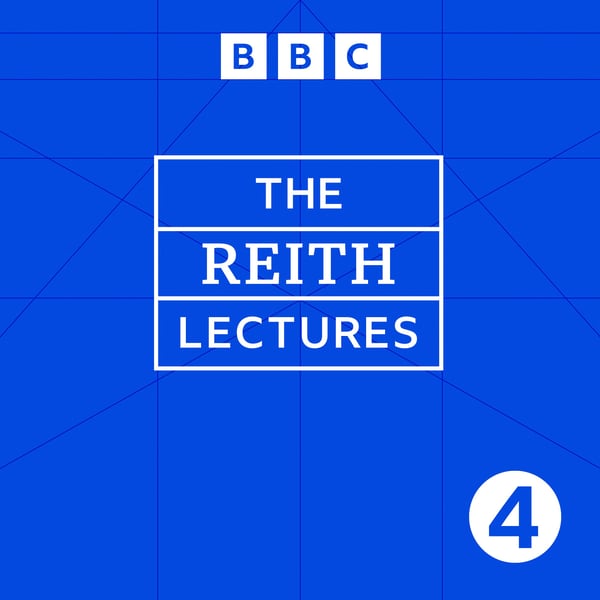War and Humanity
The Reith Lectures
BBC
4.2 • 770 Ratings
🗓️ 26 June 2018
⏱️ 43 minutes
🧾️ Download transcript
Summary
Is war an essential part of being human? Are we destined to fight? That is the central question that historian Professor Margaret Macmillan addresses in five lectures recorded in the UK, Lebanon and in Canada. In her series, called The Mark of Cain, she will explore the tangled history of war and society and our complicated feelings towards it and towards those who fight.
She begins by asking when wars first broke out. Did they start with the appearance of homo sapiens, or when human beings first organised themselves into larger groupings such as tribes, clans, or nations? She assesses how wars bring about change in society and, conversely, how social and political change influences how wars start and are fought. And she discusses that dark paradox of war: that it can bring benefits and progress.
The programme is recorded before an audience at the BBC Radio Theatre in London and includes a question and answer session chaired by Anita Anand.
Margaret MacMillan is emeritus professor of international history at Oxford University and professor of history at the University of Toronto. She says: "We like to think of war as an aberration, as the breakdown of the normal state of peace. This is comforting but wrong. War is deeply woven into the history of human society. Wherever we look in the past, no matter where or how far back we go, groups of people have organised themselves to protect their own territory or ways of life and, often, to attack those of others. Over the centuries we have deplored the results and struggled to tame war, even abolish it, while we have also venerated the warrior and talked of the nobility and grandeur of war. We all, as human beings, have something to say about war."
Producer: Jim Frank Editor: Hugh Levinson.
Transcript
Click on a timestamp to play from that location
| 0:00.0 | You're about to listen to a BBC podcast, but this is about something else you might enjoy. |
| 0:05.4 | My name's Katie Lecky and I'm an assistant commissioner for on demand music on BBC Sounds. |
| 0:10.8 | The BBC has an incredible musical heritage and culture and as a music lover, I love being part of that. |
| 0:17.5 | With music on sounds, we offer collections and mixes for everything, from workouts to helping |
| 0:22.7 | you nod off, boogie in your kitchen, or even just a moment of calm. And they're all put together |
| 0:28.7 | by people who know their stuff. So if you want some expertly curated music in your life, |
| 0:35.0 | check out BBC Sounds. This is the BBC. |
| 0:40.8 | Hello, I'm Margaret Macmillan, and in my Rees lectures, I'm exploring the relationship |
| 0:45.4 | between humanity and war. |
| 0:47.8 | In the first podcast in this series, I'm considering the long and complex relationship between |
| 0:52.9 | human society and war |
| 0:54.7 | and how each influences the other. |
| 0:56.7 | Thank you. |
| 1:10.7 | Are we destined always to fight each other? Is war an essential part of being human? |
| 1:11.6 | Are we destined always to fight each other? |
| 1:14.6 | These are the central questions of this year's Reith Lectures. |
| 1:18.6 | The series is called The Mark of Kane. |
| 1:21.6 | And in it we're going to be exploring the tangled history of war |
| 1:24.6 | and our very complicated reactions and feelings towards it and also |
| 1:29.2 | the people who fight. We begin our series of five lectures here in London at BBC's Radio Theatre |
| 1:37.3 | at Old Broadcasting House. And it sort of feels fitting, actually, to do that here, because |
| 1:42.7 | this was a place that was very |
... |
Transcript will be available on the free plan in -2471 days. Upgrade to see the full transcript now.
Disclaimer: The podcast and artwork embedded on this page are from BBC, and are the property of its owner and not affiliated with or endorsed by Tapesearch.
Generated transcripts are the property of BBC and are distributed freely under the Fair Use doctrine. Transcripts generated by Tapesearch are not guaranteed to be accurate.
Copyright © Tapesearch 2025.

